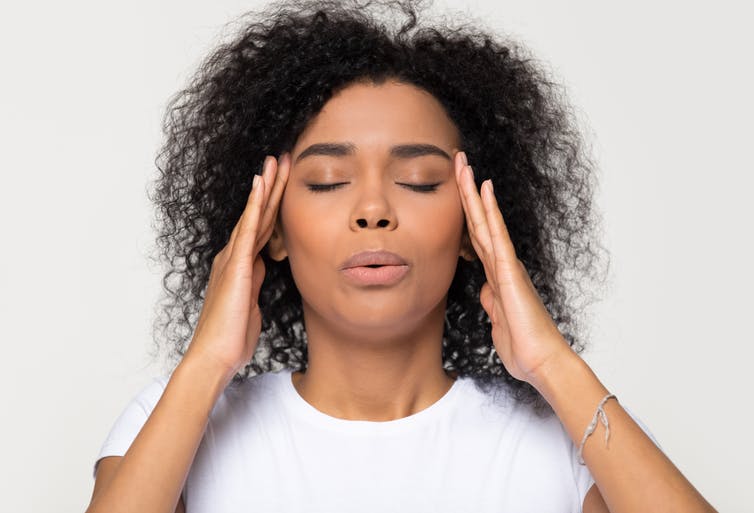Count yourself lucky if you’ve never groaned about your back. Four out of five of us will deal with back pain at some point. Here are some of the best ways to avoid back pain.
Don’t coddle yourself. Whether your back pain is excruciating or merely annoying, don’t take it easy for more than a day or two. Doing so can prolong and worsen pain. Instead, take a prescription or over-the-counter pain reliever and start moving, says Daniel J. Mazanec, MD, associate director of the Center for Spine Health in Cleveland, OH. “Low-impact activities, like walking or swimming, boost blood flow to your back muscles and help loosen them up.”
Don’t be a weekend warrior. “In general, people who exercise regularly have less back pain than those who don’t,” says Dr. Mazanec. But excessive exercise over the weekend to make up for what you missed during the week can backfire because your muscles aren’t primed for the activity. Ideally, you should go on a power walk daily.
Get fitted. Women with large breasts are more prone to back issues. Be sure you’re wearing the right-size bra, which can help distribute chest weight and prevent you from hunching over. In severe cases, breast reduction surgery, which typically removes 1 to 6 pounds from each side, may be beneficial.
Reconfigure your computer setup. Looking down at a screen, which people often do when working on laptops, puts strain on neck and back muscles, says Dr. Carneiro. Your monitor should be at eye level, elbows and shoulders at 90 degrees. If you use a laptop, consider getting a separate keyboard to make these ergonomic adjustments.
Give your spine support. Your lower back naturally curves inward, but most chairs cause it to round out, which can throw off alignment. “Cushioning your lumbar is the key to maintaining your spine’s neutral curvature,” says Harvard University physical therapist Mary Ann Wilmarth. Scoot all the way back in your chair with a roll of paper towels or a lumbar pillow wedged behind your waist. In a car or a public place stuff your coat behind you. “Once your lower back is supported, your neck and upper back will stay in proper position,” Wilmarth says.
Round up the usual suspects. Issues that affect other aspects of our health can cause back pain. Being overweight causes wear and tear on joints that can transfer to your spine if you limp or favor one side. Smoking can hurt your back, because nicotine constricts blood flow to spinal disks. Stress can flood your system with neurochemicals that lead to emotional and physical pain.
Sandra Gordon is a freelance writer.

 • Get out of bed and onto a ball. Sitting on a stability ball for 30 seconds or more each morning helps align ligaments around your disks, says Perry G. Fine, MD, of the Pain Research Center in Salt Lake City, UT.
• Get out of bed and onto a ball. Sitting on a stability ball for 30 seconds or more each morning helps align ligaments around your disks, says Perry G. Fine, MD, of the Pain Research Center in Salt Lake City, UT.




